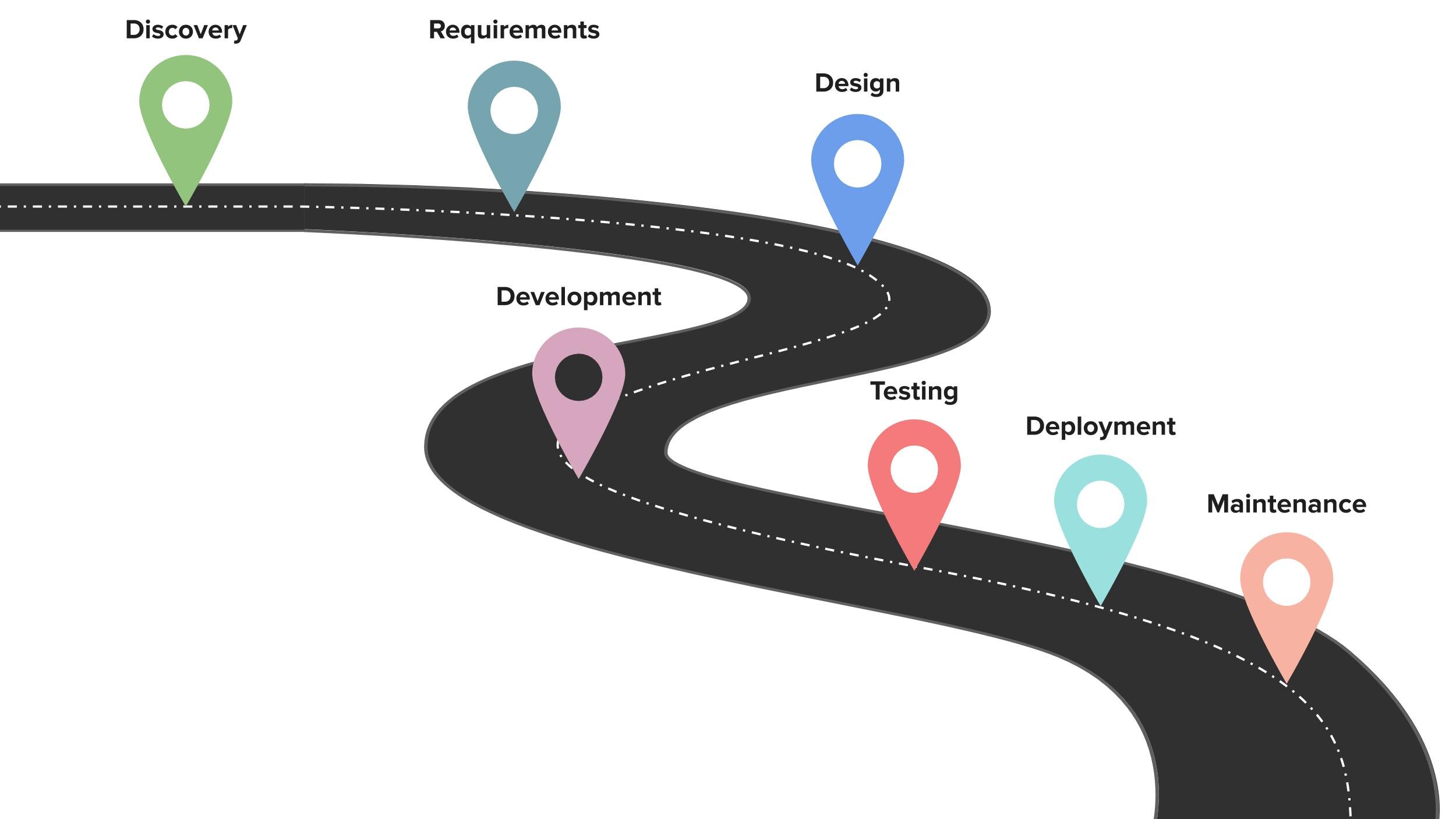Most salespersons start their presentation by stating the features and benefits of their products and services. Perhaps they should think about looking at business from a different perspective. How do you identify the needs and objectives of a potential customer as they progress from knowing nothing about your brand? Why do they need your expertise for promoting their business?
Awareness - You can help the customer discover the source of their problem by supplying short, easy-to-consume pieces of content that will educate and inform them.
Consideration - To understand and meet this need, you will want to provide the customer with content that educates them on different methods of solving their problem and compares different solutions that you and your competitors offer.
Decision - The buyer at this stage knows what they need and why, they will be more likely to listen when you provide expertise and support their decisions. At this stage, they will be able to see that your greatest concern is providing insight on the best fitting solution for their needs.
Understanding the initial needs of the buyer, along with their preferences and tendencies, will have a huge impact on what you market to them and how you make it visible to them. Contact me via e-mail for your sales training and workshops.





















